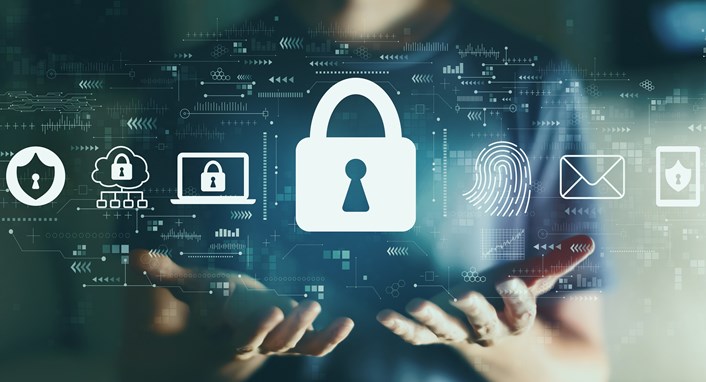
Why is cybersecurity so important during digital onboarding?
The importance of cybersecurity during digital onboarding
Cybersecurity is one of the most critical aspects of business in today's digital world. Businesses are targeted daily by hackers looking to steal sensitive information or disrupt operations. This is especially true during the onboarding process when companies typically collect a large amount of data.
Data breaches can be expensive and damaging for businesses, both financially and in terms of reputation. To protect themselves against cyber-attacks, businesses need to take steps to secure their systems and data. One important step is implementing strong passwords and authentication measures. Employees should also be educated about phishing scams and other methods used by hackers to avoid becoming victims.
In addition to protecting your network, it's also important to stay informed about current threats targeting small businesses so you can help keep your clients stay safe too!
Reasons why cybersecurity is important during this process
Cybersecurity is important for several reasons. One is that it helps protect your business from potential cyber-attacks. Hackers often need access to your systems or data to launch a successful attack. By implementing strong passwords and authentication measures, you can make it more difficult for them to gain access. Another reason why cybersecurity is important is that it helps protect your clients’ information.
If their confidential data is compromised, it could result in serious financial damage and tarnish the company’s reputation. Cybersecurity also helps ensure compliance with government regulations and industry best practices. Finally, protecting your systems and data can help save money in the long run by preventing costly breaches or repairs caused by hacker activity
There are several ways you can improve your company’s cybersecurity, including:
- Implementing Two-Factor Authentication
- Restricting access to sensitive data through user permissions and roles
- Installing firewalls and antivirus software on all devices used to connect to the network
- Educating employees on how to spot phishing emails and other scams
How to stay safe when sharing personal information online
No matter how careful you are, there is always a chance that your personal information can be stolen or compromised when sharing it online. However, following some simple security tips can minimize the risk and protect you from possible identity theft or other cybercrime.
First and foremost, never share your personal information with anyone who contacts you via an unsolicited email or telephone call. These scammers often pose as representatives from legitimate companies or organizations to get unsuspecting victims to reveal their confidential data. So before responding to any inquiry, be sure to independently verify the sender’s identity by contacting the company directly using known contact information – preferably using a phone number or email address that isn’t included in the original message.
Another common way that criminals steal your information is through phishing scams – emails/websites designed to trick recipients into revealing sensitive details like passwords and credit card numbers. Always be suspicious of any messages (or links) that ask for this type of private information, even if they appear to come from friends or family members. And remember: a reputable organization will never ask for this kind of information by email!
Conclusion
Cybersecurity is critical for all individuals and organizations conducting transactions online. You can help protect yourself from cybercrime and identity theft by following simple security measures. During the digital onboarding process, you must be aware of these dangers and take the necessary precautions to safeguard your personal information.


